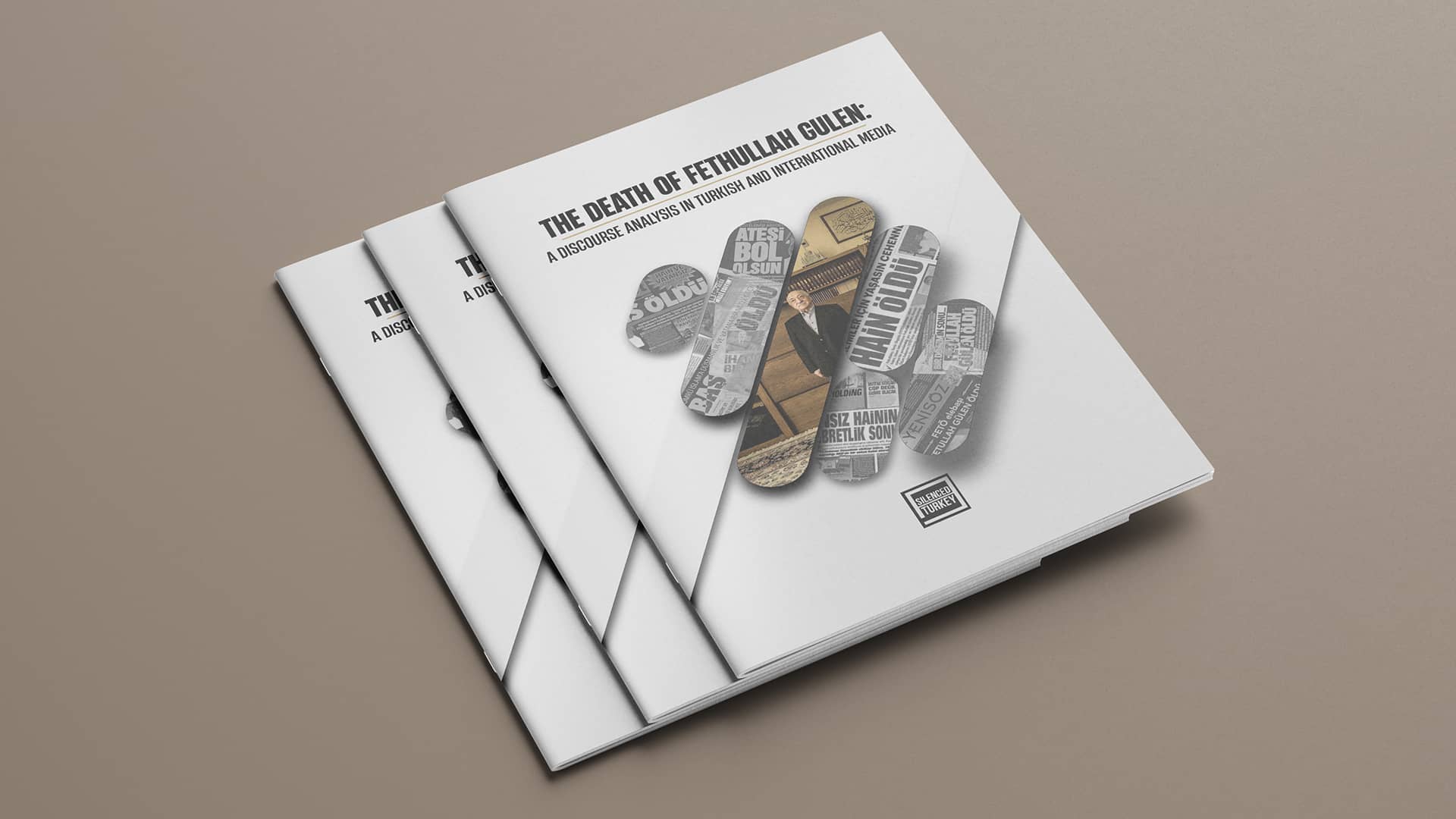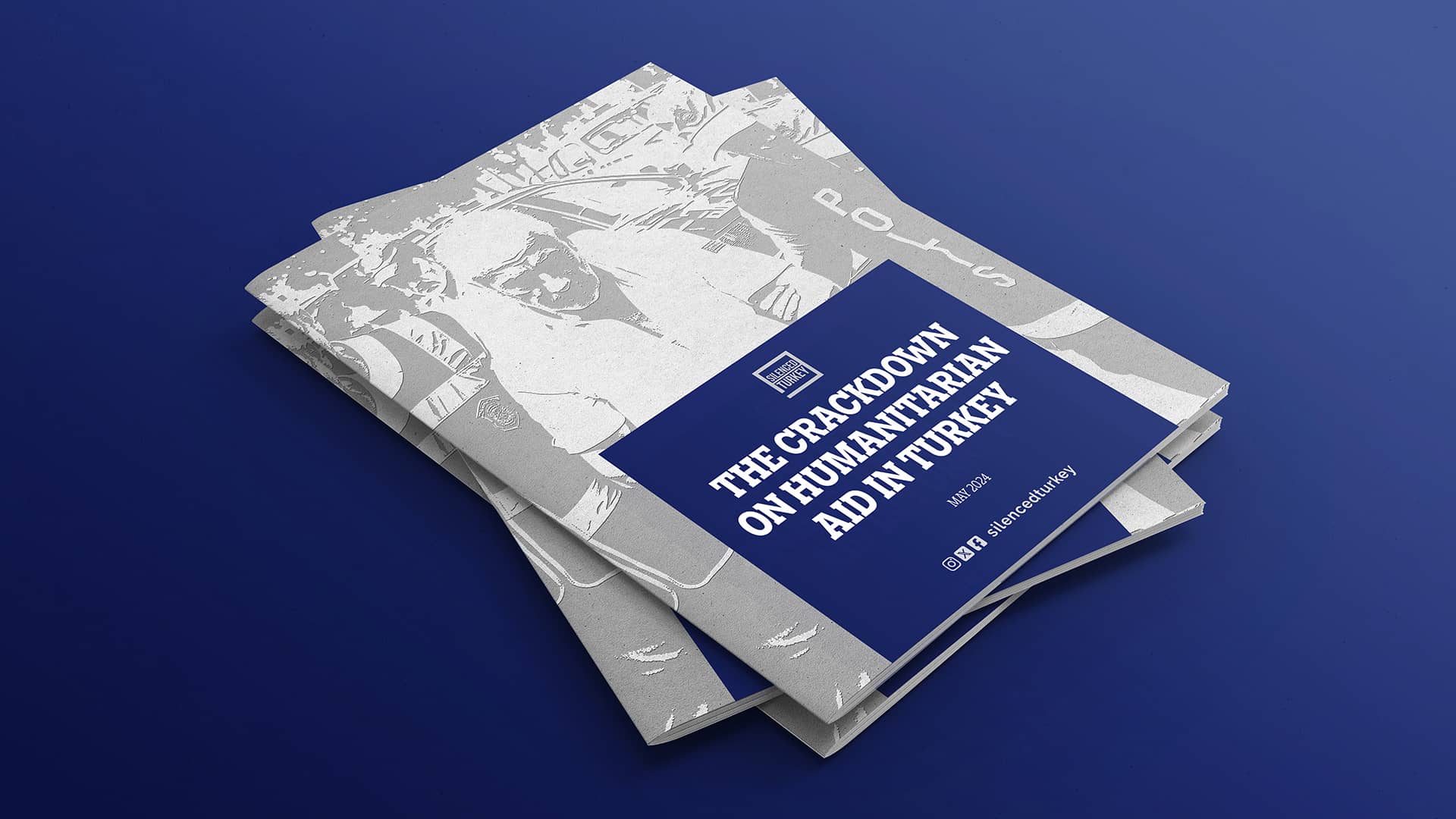The Teenage Girls Case: A Call for Justice

The Teenage Girls Case: A Call for Justice
In May 2024, a large-scale anti-terrorism operation took place in Istanbul, where 48 individuals, including high school students and university-aged women, were detained by Turkish authorities. The Turkish government, under the guise of fighting terrorism, arrested these individuals on fabricated charges. Among those arrested were several mothers, taken into custody when authorities could not locate their daughters.
1. Background of the Operation
In May 2024, a large-scale anti-terrorism operation took place in Istanbul, where 48 individuals, including high school students and university-aged women, were detained by Turkish authorities. The Turkish government, under the guise of fighting terrorism, arrested these individuals on fabricated charges. Among those arrested were several mothers, taken into custody when authorities could not locate their daughters. The young girls, some of them still minors, were subjected to irrational accusations based on their routine social activities, such as going to the cinema, studying together, and even praying.
This case is part of a broader post-2016 crackdown on individuals associated with the Hizmet movement. The Turkish government has consistently framed normal activities as evidence of terrorist involvement, utilizing politically motivated operations and unlawful surveillance to justify these arrests.
The first hearing of the trial involving 41 defendants took place from September 23 to 27. During this hearing, 11 out of 19 detained defendants were released, while 8 remained in custody.
The second hearing was held on December 12. Following this session, the court ordered the release of 2 out of the 8 detained defendants, continued the detention of 6 others, and scheduled the next hearing for February 18, 2024.
The indictment seeks prison sentences ranging from 7 years and 6 months to 15 years for 37 of the defendants
Aysu Öztaş Bayram, one of the women whose detention was extended, is a liver transplant recipient recovering from cirrhosis cancer and suffers from Parkinson’s disease. She has been imprisoned for four months. The charges against her include allegation of encouraging her daughters to study, go bowling, and movies with college students around their neighborhood.
Another detainee, Rabia Battal Genç, who was also ordered to remain in custody, recently suffered a brain hemorrhage. Concerns have been raised about how the harsh prison conditions might impact her fragile health.
2. Illegal Methods Used by the Police
The police employed several illegal methods to gather information, fabricating evidence to support baseless charges. Some of the key methods used include:
- Wiretapping personal conversations and tracking the girls’ communications.
- Surveillance of daily activities, such as attending school, social events, and interacting with peers.
- Monitoring phone records and social media interactions on platforms like WhatsApp and Telegram.
- Fabricating evidence, with everyday activities being framed as suspicious.
- Arresting family members, including mothers, in place of the accused girls.
These methods, common in politically motivated operations in Turkey, highlight a gross abuse of power by law enforcement and the judicial system.



